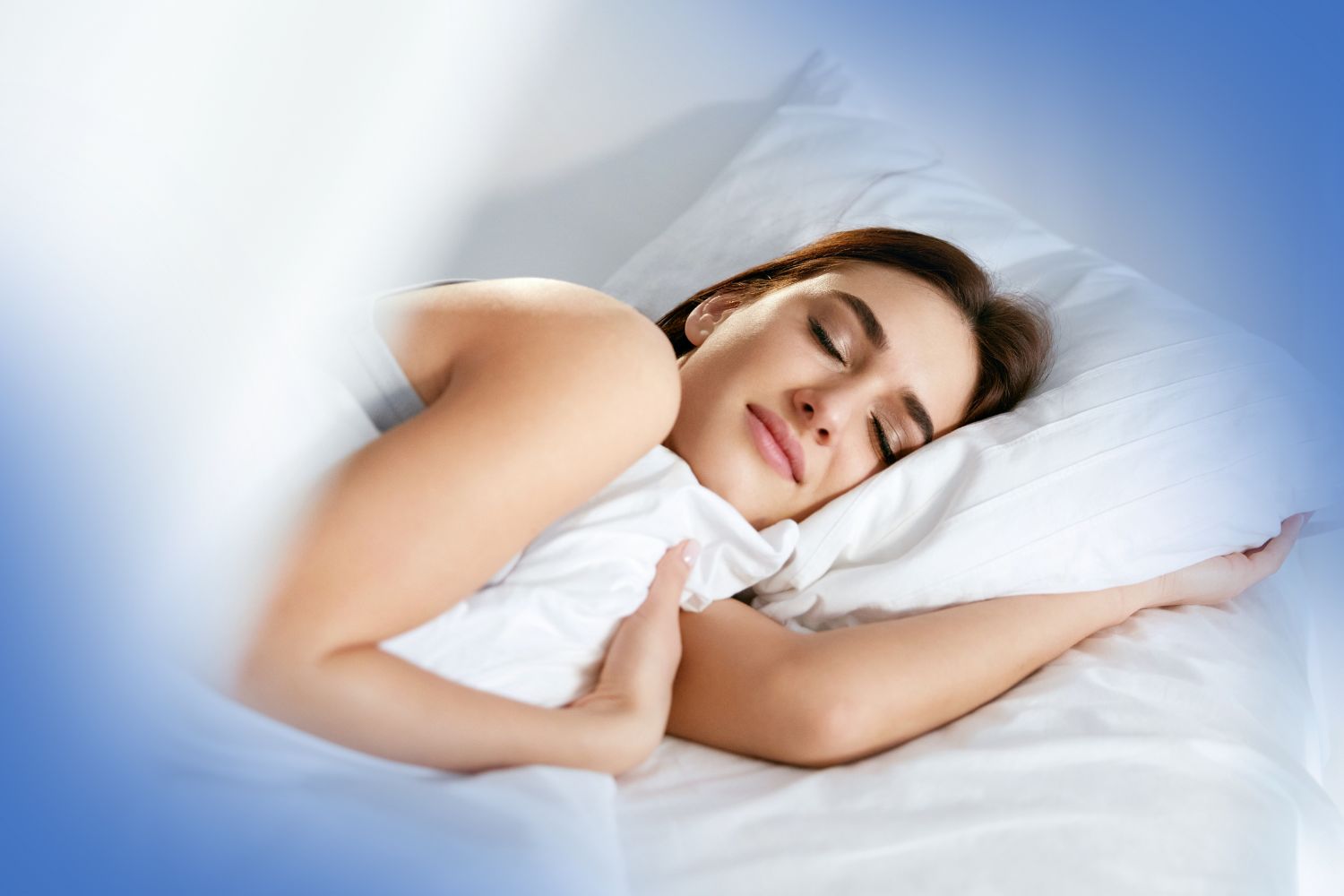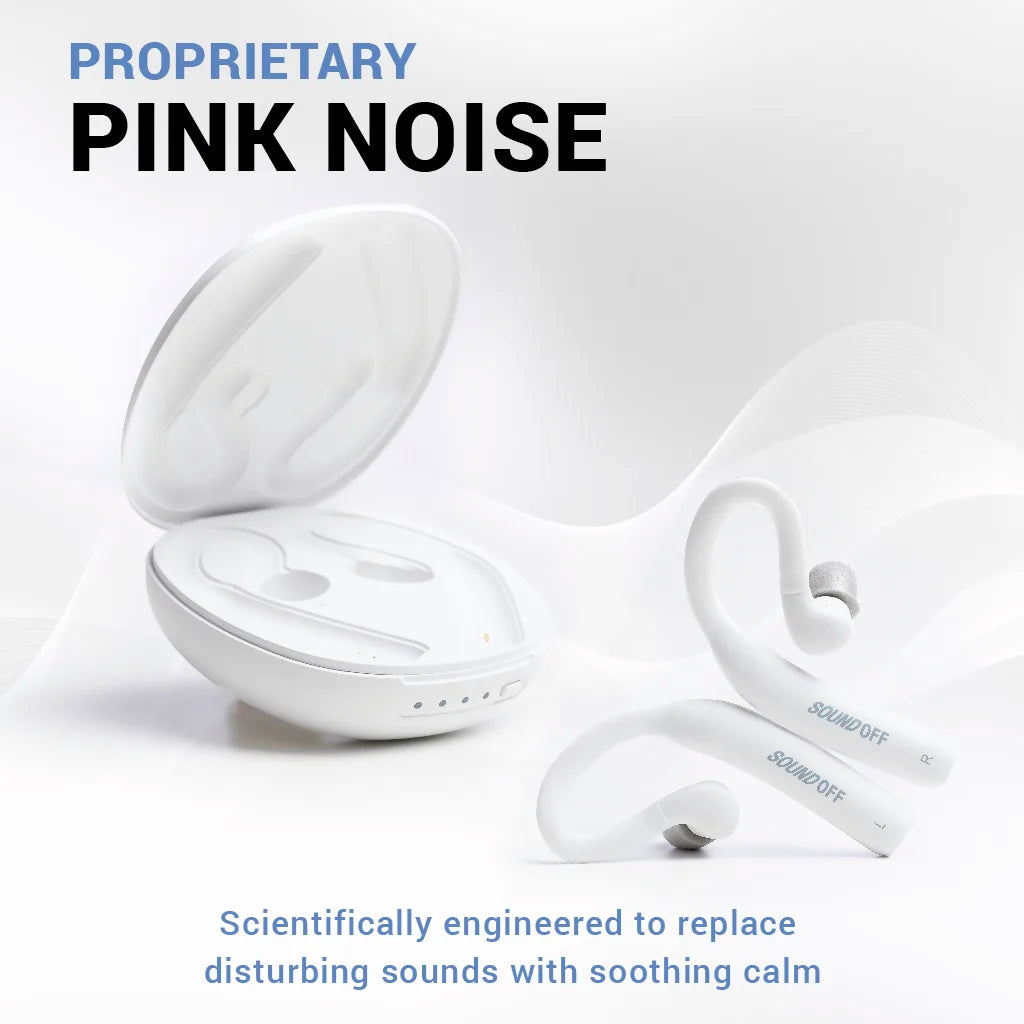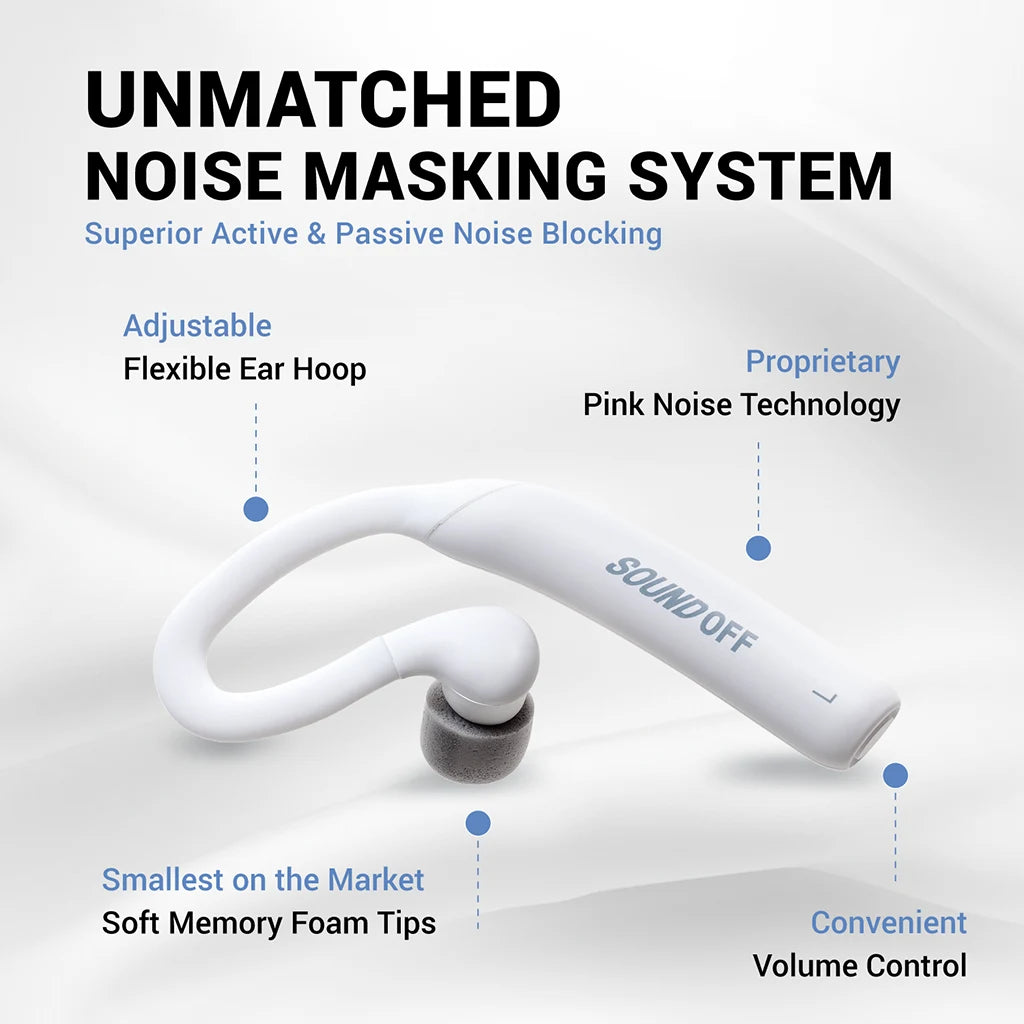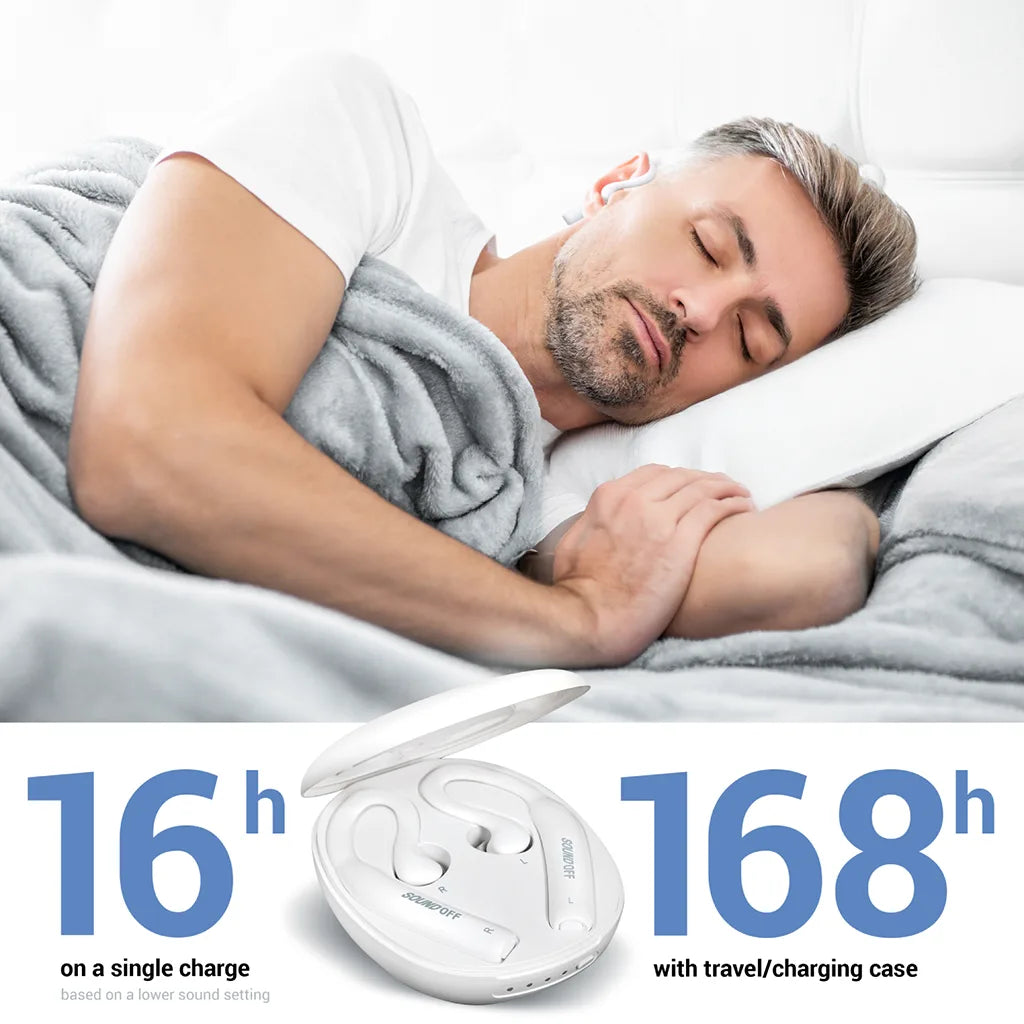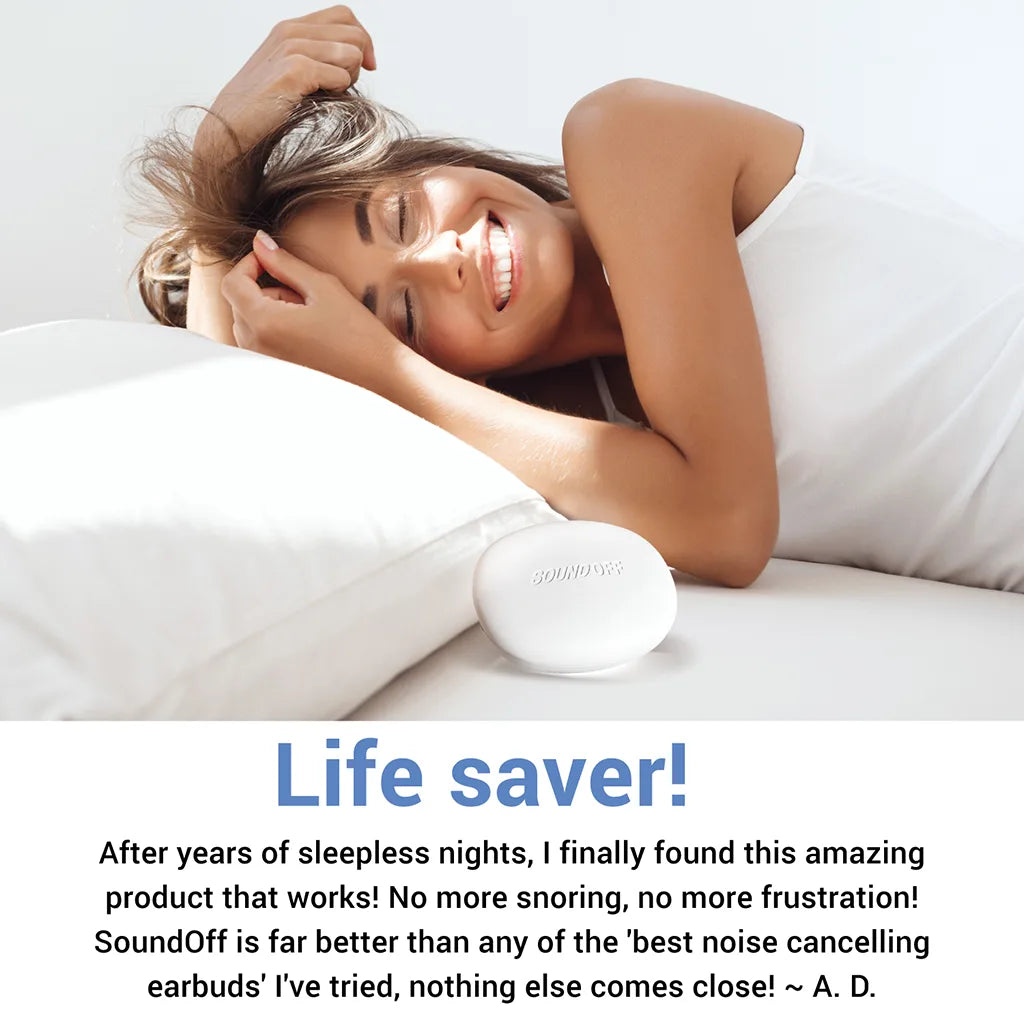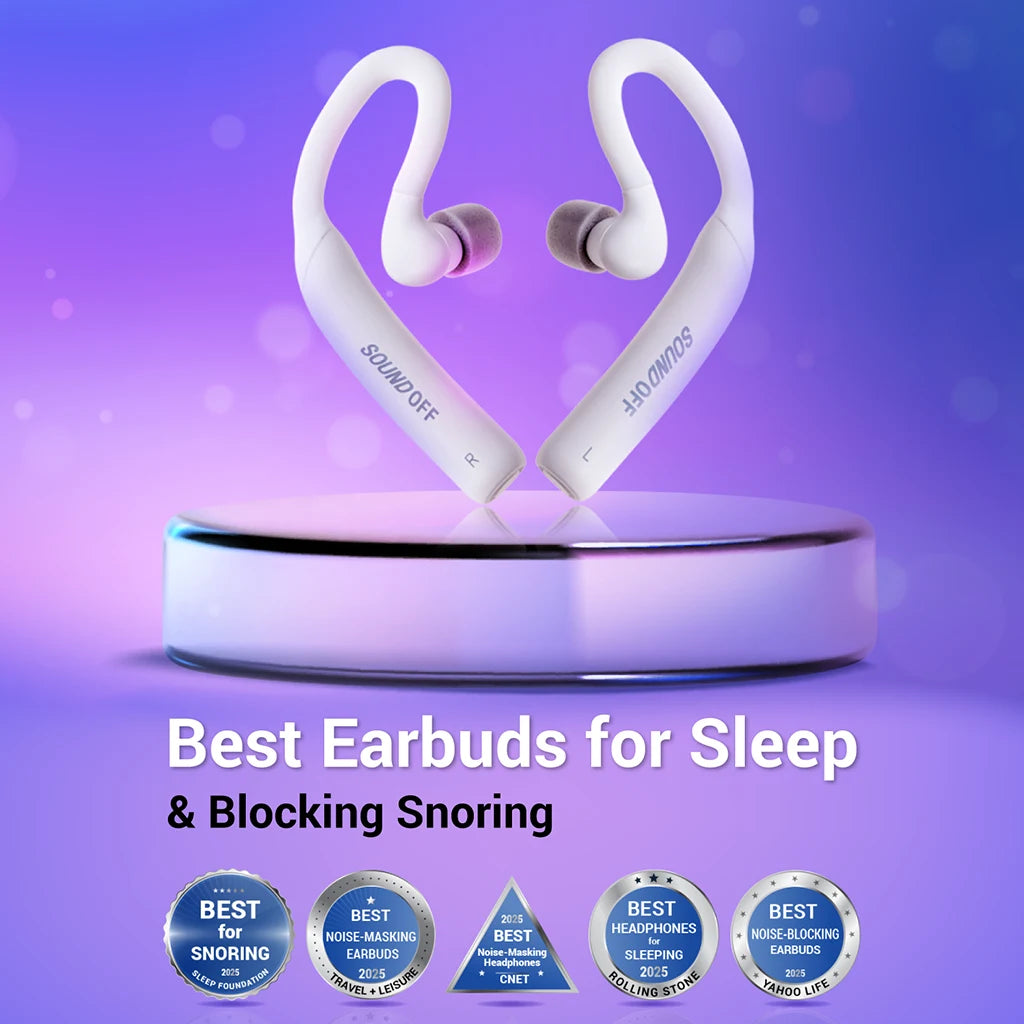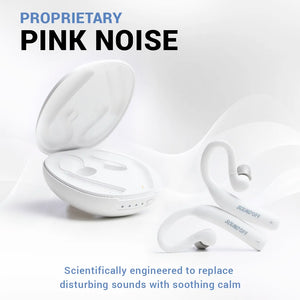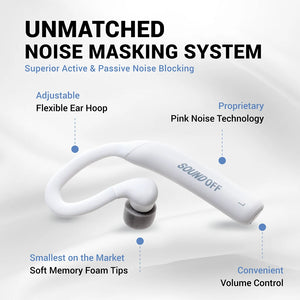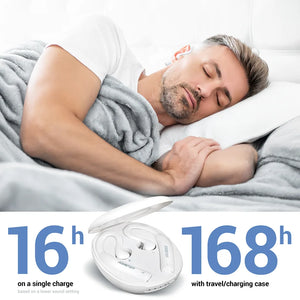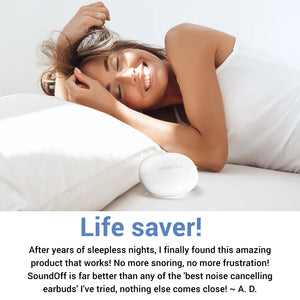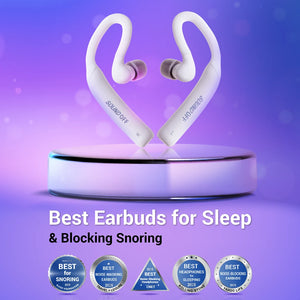
Hydration, Exercise, Food: Better choices = better sleep
Hydrate your Brain
Dehydration is a common cause of insomnia which according to the National Sleep Foundation affects up to 35% of American adults. Staying hydrated supports all around brain health and allows the brain to efficiently transition between waking and sleep cycles. Without sufficient hydration, the mouth and nasal passages become dry; this disrupts your breathing and often leads to snoring (which may ruin your partner’s sleep as well as your own.) Being dehydrated may cause leg cramps as well.
To help eliminate these nighttime maladies, stay hydrated. This will also curb daytime dehydration symptoms such as fatigue and poor mood. Be sure to choose water over “energy” drinks or sugary sodas as these can lead to energy crashes and a false tiredness that will not help you fall asleep. It’s also good to avoid caffeine and alcohol before bedtime as they are dehydrating and may create a strain on your kidneys. Nicotine also dehydrates you.
Move your Body
If you’re too tired to exercise because you’re not getting enough sleep, you may need to start slow, but you do need to start! You just need to move, and it doesn’t require a complicated routine. In fact, in can be as simple as a regular 30-minute walk.
What is important is moderate exercise done at the right time of day. Don’t over-do it, but do it regularly—daily is best—and earlier in the day is preferable. This means only gentle movements should be done in the later hours and nothing aerobic during the hour before bedtime.
Feed your Sleep
Most of us have a fairly good gauge of which foods/drinks affect our energy levels; with the most obvious being caffeine late in the day, and the food coma inducing turkey dinner. But there are many foodand supplement choices that are thought to benefit sleep. And while, there are varying degrees of proof for these different choices, a number of them consistently appear as recommendations to promote better sleep.
Did you know, for instance, that tart cherries and kiwi fruit regularly appear on these lists? As do fatty fish and nuts; lettuce, and a host of whole food supplements including barley grass powder, valerian root, GABA, lavender, lemon balm, magnesium and ginkgo biloba.
Be Consistent
Consistency is the key to any successful regimen. While it can be challenging to change habits, and even harder to stick to the new program, it’s always rewarding when the new habits lead to a better quality of sleep and therefore a more enjoyable life.
Some reminders:
- Hydrate properly during the day – if you drink all your fluids before bed, your sleep will likely be interrupted by trips to the bathroom.
- Commit to a moderate daily exercise plan that allows plenty of time for your body to wind down before bed.
- Limit food/liquid consumption during the last few hours before bed—if it’s a particularly heavy or rich meal, leave 4 hours.
- Avoid caffeine, alcohol and nicotine before bed.
Simply stated, better lifestyle choices = BETTER SLEEP. Find the sleep inducing foods, exercise routine, and hydration level that works for you and start experiencing better sleep tonight. Rest even better with our noise-masking earbuds. They'll block any annoying sounds with our proprietary soothing "pink noise" so you can get to sleep faster and stay asleep longer.
For regular sleep tips follow us on Instagram. Have a tip you'd like to share? Drop us a line...we'd love to hear from you!




